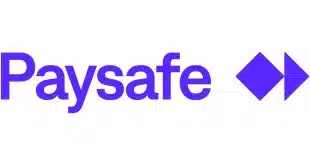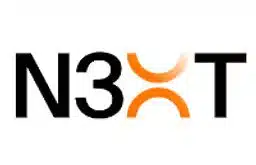Marketers of integrated, cloud-based point-of-sale systems take note. It’s not enough to have full-featured service replete with multiple functions. It also takes a sales approach that is responsive and knowledgeable. That may sound like common-sense idea, but it’s one that has been vetted by The Strawhecker Group in its “The Land of Integrated, Cloud Based ‘POS’ Systems” report, released Wednesday.
The Strawhecker Group found that, of the 30 companies it evaluated in a mystery-shopper test, only a handful met the dual criteria of offering highly capable and flexible systems with a knowledgeable sales process that responded to merchant needs. Among the top five were Toast Inc., First Data Corp.’s Clover, Upserve Inc.’s Breadcrumb, Square Inc., and SalesVu LLC.

“There were lots of solutions that offer similar capabilities,” Jared Drieling, Strawhecker director of business intelligence, tells Digital Transactions News. So, the merchant-sales process component of the report investigated the quality of service. “Were they responsive?” Drieling says. “Did they help us set up a demo?”
The impetus for the evaluation is the potential confusion arising from the quick entry of a range of companies serving this market. “Not only are there a lot of new entrants to this space, it’s a bit of a gold rush,” Drieling says. Plus, companies are selling fully integrated POS systems with a smart terminal as well as semi-integrated POS systems that use white-labeled POS hardware and integrated POS software often associated with integrated-software vendors.
“Clearly, every acquirer is trying to offer one or many solutions,” Drieling says. “There’s still a lot of jockeying by each of these players.”
The lesson from the evaluation is that the technology by itself is not the real variable or disruptor. “In the land of integrated, cloud-based POS systems, being customer-centric is the real differentiator,” Drieling says. “Each of these entities pushed integration and technology, but in this new smart-terminal landscape, you really need to be customer-centric and specialized.”
Some sellers, for example, took the hard-sales approach. In these instances, very few discussed the technology capabilities of the product, Drieling says. “It was kind of the traditional sales approach. That was clearly a turn-off when looking for software to run [a business],” he says.
“On the flipside, we saw a lot of providers doing the exact opposite,” Drieling says. “They weren’t selling it much, but gave a lot of examples of what the software could do.”
The preferred sales approach was in between. “In the middle, we realized that a lot of the smart-terminal players are finding a niche by focusing on one vertical,” Drieling says. For example, Toast and Touchbistro focus only on restaurants.
Other providers may use a hybrid sales model that involves a salesperson and a technology-oriented employee making the sales call. “In one example, at Toast, the individual we visited with had a sales background, restaurant background, and had some technology background,” Drieling says.
“These specialized players understand the merchant very well,” he says. “We got a sense they were more hungry.”







